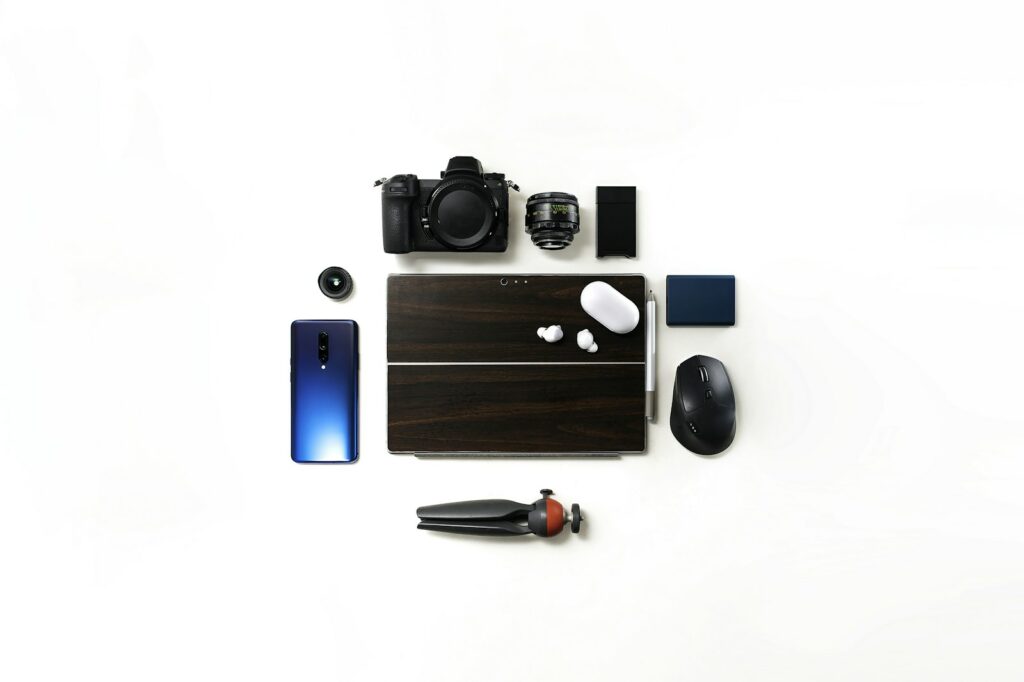It is counterintuitive, and we are all aware of that. But there is a reason why most of the successful artists will tell you that you can’t learn anything from a tap on the back, on the contrary, you will learn a lot from a painful negative critique.
Once you start showing your work to the world, you’ll find that it will be critiqued. It will gain positive and negative critiques, it is inevitable. The trick is to be able to learn from the critiques, rather than just ignoring them.
Why Positive Critiques Don’t Do You Much Good
What kind of knowledge does one get from positive critiques? Basically none. Positive critiques feel good, they are good motivators to continue doing what you do best, but that is basically all they do. Of course, you should embrace all criticism, but be real to yourself and stop and think that positive criticism is often hypercritical. People will tell you that you are great just to avoid hurting your feelings. Which is nice of them, but then again they aren’t helping you much since there is no information that will help you into identifying and correcting your mistakes, thus they don't help in improving your work.
Why Negative Critiques Precisely?
Negative critiques on the other hand, while sounding a bit harsh, contain information which is useful to you. Whether they are with a benevolent intention or not, having your mistakes pointed out is for your benefit. Therefore, whenever you are faced with a negative critique, don’t ignore it, rather embrace it and memorize (or write down) the mistakes/dislikes pointed out to you. Afterwards you can decide whether that was true or not.

Photo by Jesús Ignacio Bravo Soler
It is imperative to be as objective as possible here, since emotions won’t do you any good in the decision making process. In deciding whether the mistakes/dislikes pointed out to you are actually correct or not, emotions shouldn’t play any role. Do yourself a favor and be smart about it.
Of course, when you face a negative critique, don’t argue about it. That can end up as negative publicity, and you don’t want that.
You Should Love Constructive Criticism!
Basically, whenever your work is critiqued by somebody that is an expert in his field, in this case photography, you should be happy about it. There are several reasons for it:
- If they dedicated some of their precious time to review your work and critique it, it means that they respect you as a photographer. They respect your work as well.
- You’ll get insight from another photographer, possibly more experienced than you which will help you in getting better at what you do.
- You have a chance to improve on your work, specifically things you didn’t think of at that time.
- Ultimately, it serves as networking and it might prove good in the future from a business point of view.

Photo by Aaron Tyree
How To Decide Whether A Critique Is Worth Implementing
Depending on how well-known you are, critiques can be misleading. From time to time, people can and probably will criticize an aspect that is basically good just because they are jealous. But that is a rare occasion, and most of the time critiques are honest, maybe a bit exaggerated but nonetheless useful.
Overlaps
Say you got a dozen critiques on your work. There will be aspects that will be overlapping between the critiques. So if more than one photographer points out the same thing, chances are they are right. But that is also something that should be the priority in the process of learning. When more than one photographer notices something that can be improved it means that it is the most obvious thing and it will be noticed by the majority of viewers.
Test It Out Yourself
Most of the things you’ll get critiqued on will be something that you should try to fix or implement. Whether you like the result or not will decide if the critique is worth implementing. However, bear in mind that oftentimes we are too emotionally attached to our work and won’t like the changes just because we formed that emotional bias. Leave it be for a few days and then try it, emotional bonds tend to fade away past the first 24 hours or so.
Be Realistic
No matter the level of experience you have, nor the amount of winning pictures you’ve snapped… Never get in the egotistical loop that you are the best there is and no critique that is good enough for you. Even if you are the best photographer in the world, there is always something that you can improve on, and you should. Always strive to get better.

Photo by Drew Hopper
Summary
Critiques, good or bad, positive and negative, tend to play with the ego. The point is to be above that and to squeeze every bit of knowledge out of them. Encourage people to critique your work, summarize everything that gets critiqued, try out different approaches using information from the critics themselves, and get better. There is no such thing as good enough, and there is no such thing as “the best picture”. It can always be better, and you should always try to do it better.
Join the Shark Tank
Light Stalking has its very own place for you to get negative critique (don't worry, people are still freindly). Head over and post a shot in the Shark Tank and see what people think you might be able to improve on.




